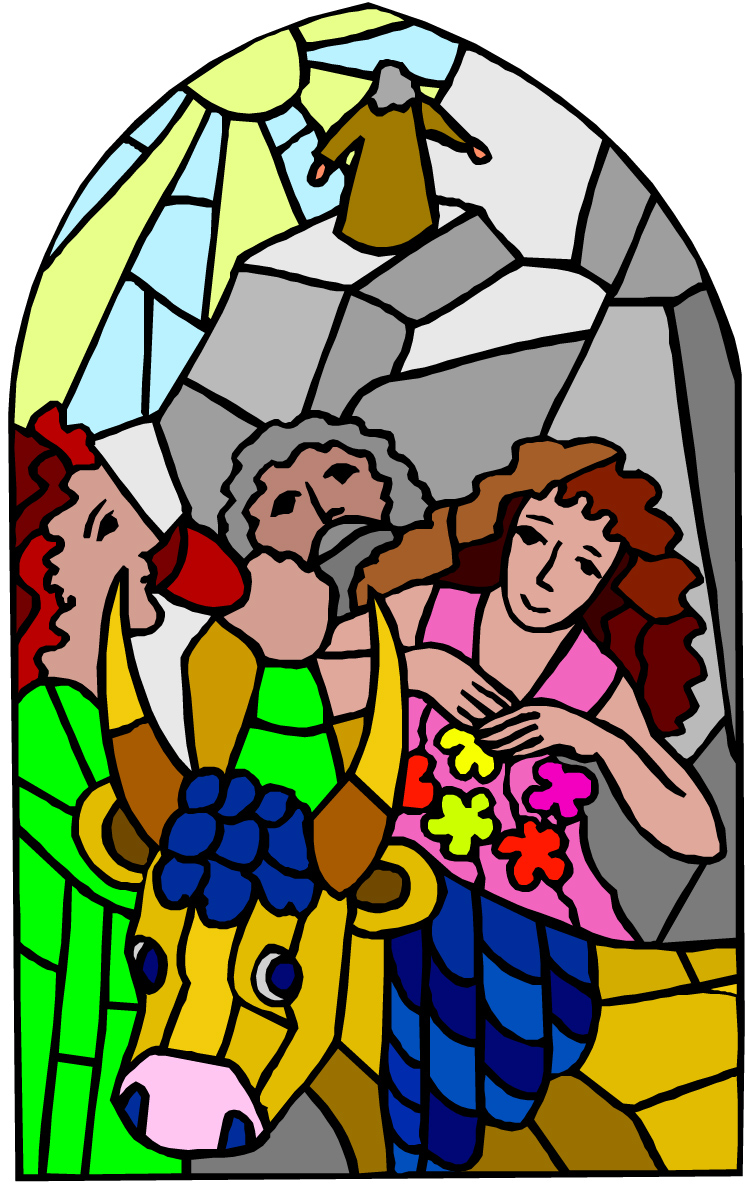
Someone on this blog just asked the following question:
Has the church developed another religion?
Natan’s reponse:
Yes and no. To me, it’s over simplistic and unbiblical when people categorically say either yes or no. In so doing, it usually supports their biases and arrogant thinking.
To be sure, the mainstream church is spiritual Babylon. Babylon means “confusion or mixture.” It’s a mixture of truth and error, good and evil, precious or holy and profane or polluted. Since post-apostolic times, the church to one degree has been feeding from the tree of the knowledge of good and evil. Yet the people caught up in it are still YHVH’s (Yehovah’s) people. He says so in Revelation 18:4, when he urges, if not commands, his people to come out of spiritual Babylon. He calls them “my people.” So to parse this thing a bit further, the corporate, harlot church system is corrupt to one degree or another. Both good and evil have come from it, and YHVH’s people have been caught up on it unawares, and now he is urging them to come out of it.
Coming out is a process. None of us is out completely. Do we really even understand what it means to come “out”? For example, the Israelites came out of Egypt in a day, but it took 40 years to get Egypt out of them and for YHVH to get them ready for the Promised Land. Similarly, we can can come out of the world, and even out the the harlot, corporate, mainstream, Christo-pagan (or whatever other term you choose) Babylonian church system, but it will doubtless take a while to get all of its leavening out of us. We’re all still a work in progress, and there for his grace go each of us.
We should never look disparagingly upon the people caught up in the church system. We were there once too, but YHVH called us out of it. Now he’s cleansing us and preparing us to be the bride of Yeshua. We should only be thankful that he has called us and is long-suffering toward us. There is no room here for pride on our part, or for looking down on those who haven’t been called out yet. Only thankfulness, gratitude and humility!
Thus says YHVH: “Let not the wise man glory in his wisdom, let not the mighty man glory in his might, Nor let the rich man glory in his riches; but let him who glories glory in this, That he understands and knows Me, that I am YHVH, exercising lovingkindness, judgment, and righteousness in the earth. For in these I delight,” says YHVH. (Jer 9:23–24)
For all those things My hand has made, And all those things exist,” says YHVH. “But on this one will I look: on him who is poor and of a contrite spirit, And who trembles at My word. (Isa 66:2)






